If you don’t already know, a co-survivor is a person who provides support to individuals with breast cancer. They could be family members, friends, co-workers or another individual who has experienced breast cancer. Health care providers, spiritual advisers, and support group members are also frequently classified as co-survivors. Being a co-survivor for a young friend with breast cancer can be especially challenging. Most support groups are geared toward older women. Additionally, the young survivor will face particular challenges that older survivors won’t. You can read about some of them here.
What this means is that as a co-survivor of a young friend with breast cancer, your support is extremely valuable and needed!
Showing Your Support for a Friend With Breast Cancer
As a co-survivor, you’re a valuable part of your friend or family member’s support circle throughout her breast cancer journey and return to normalcy. This support can be divided into three basic categories: practical, informational and emotional.
Practical Support
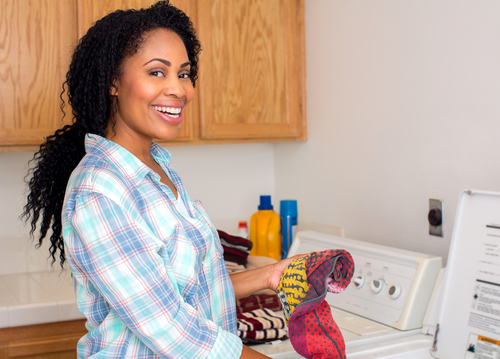
This type of support helps your friend handle everyday tasks.
Breast cancer is a draining ordeal. It tires many women out and can drain them of focus and motivation. As a result, certain everyday tasks become a huge hurdle.
As a co-survivor, you can help your friend cross this hurdle by helping with a variety of tasks around the house. For a young woman with breast cancer, this could include walking her dog, running errands, doing laundry, cooking dinner, or caring for children. Even simple tasks such as driving her to her physician’s office or sending her a positive note can have a huge impact on how she feels.
In addition to providing one-time support, co-survivors can be more involved by helping women stay organized. This is an ongoing task that involves a great deal of commitment. One of the most obvious ways of helping with organization is handling various medical records. This may include filing insurance policies, health history, and lab reports. By keeping track of these records, co-survivors can ensure a women always has the information she needs.
However, filing items is not the only way to help with organization. Going to appointments with women prevents them from forgetting about meeting with their physician. It can ensure the right questions are asked even when a woman is struggling to focus. And it gives co-survivors the chance to stay up-to-date on their loved one’s progress. Meanwhile, researching financial assistance reduces women’s concern over paying for their treatment.
Regardless of the specific form it takes, practical support helps women continue through their everyday lives.
Informational Support

Providing information support involves learning about breast cancer and breast reconstruction options.
During their breast cancer journey, women may not feel up to learning all they can about breast cancer and reconstruction. While this may seem unimportant, it can have huge impacts on women’s quality of life.
Rather than leaving things up to chance, co-survivors can take the time to learn all they can. This includes learning about common breast cancer terms and treatments. It also involves thinking of questions to ask physicians. By doing so, co-survivors are able to fill in when a woman does not feel up to exploring all their treatment options.
Many women are motivated to learn all they can about breast cancer. However, this does not mean co-survivors should not provide informational support. Constantly explaining choices and progress to individuals who do not understand breast cancer is tiring. When a co-survivor understands all this basic information, it makes it easier for women to share their thoughts and feelings. Further, co-survivors can help women explain the more technical aspects of their treatment to others.
Emotional Support
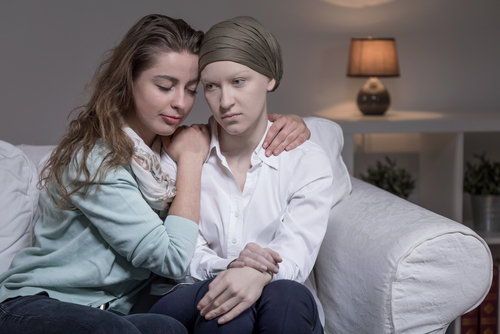
As a co-survivor, emotional support will be the most draining on your own well-being.
Women going through breast cancer deal with a huge range of emotions, from anger and sadness to fear and denial. This type of support helps them handle these emotions.
In some cases, providing emotional support is as simple as listening. Make sure your loved one knows you are there to listen to anything on their mind. Allow them to discuss any topic, no matter how trivial it seems. Do not judge them for their feelings and emotions. Instead, show compassion and remind them how much you care for them. Just knowing there is someone they can talk to keeps women from feeling isolated.
Beyond listening, you can increase your loved one’s support circle. Talk to children, family members, and friends about being more emotionally aware. You can encourage them to avoid being judgmental about your loved one’s decisions. And you can remind them that there isn’t a right way to cope. Women may be sad one day, and angry another. Or perhaps they feel multiple emotions at once. Let others know that they need to accept these varying feelings and not force an individual to “move on.”
Another great way of showing emotional support is finding or establishing a group for your friend. Set aside some time to search for support groups and meetings. This gives women a chance to be away from family and friends for a while. It also allows them to meet with other women who have breast cancer. You can’t always be there when your loved one needs someone to talk to. By creating a separate group, you expand their support circle and give them options for when you’re unavailable.
Helping Yourself

Your main focus may be helping the individual with breast cancer. But co-survivors need to take care of themselves, too.
Being a co-survivor brings about numerous challenges that you may be unfamiliar with. Providing emotional support can reduce your own mental well-being. Meanwhile, providing informational and practical support can leave you feeling overwhelmed and alone. Breast cancer affects you, too, even if you aren’t the one with it. And you can’t provide support when you can barely support yourself.
The best way to help yourself is just staying aware of your feelings. When you get burnt out, take a break and focus on yourself for a bit. Make sure you get plenty of rest every day and that you are eating well.
Further, seek your own support when you need to. Even if your loved one objects, take the time to share your struggles with others. A great way to do this is by finding your own support group for co-survivors. These may be less common than breast cancer support groups, but they are around.
The Young Survival Coalition maintains its own co-survivor community. Through this community, you can find co-survivor programs and events to help. You can also talk to other co-survivors. The organization also maintains several mentorship opportunities. These mentorships give you the chance to share your experiences and advice as a co-survivor with others.
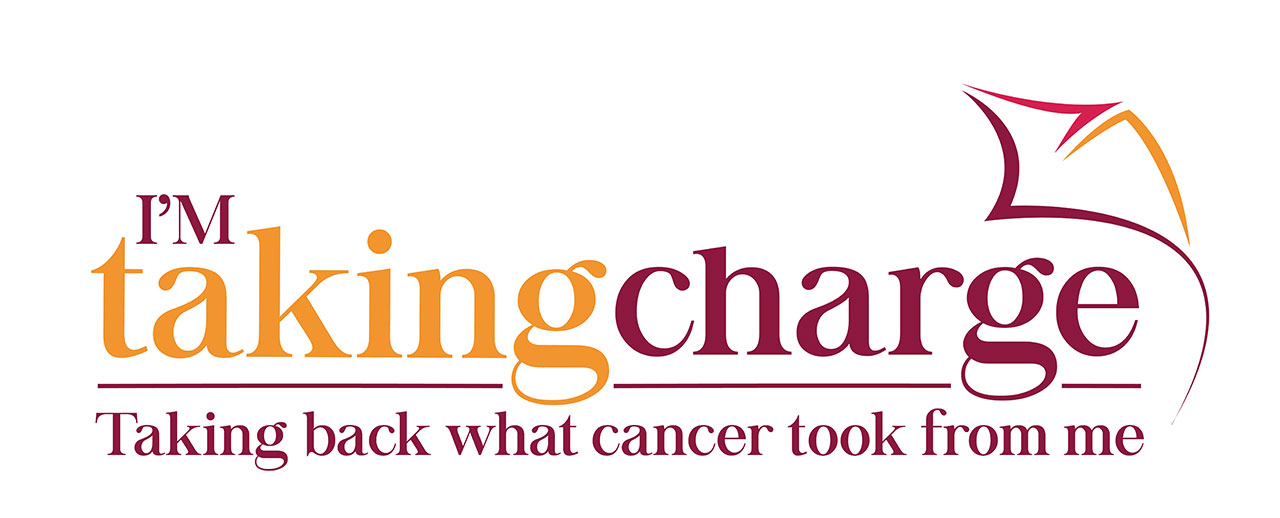

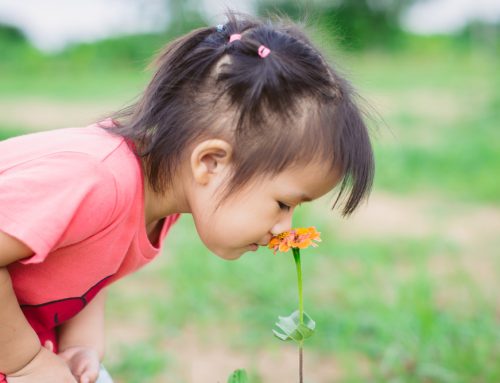
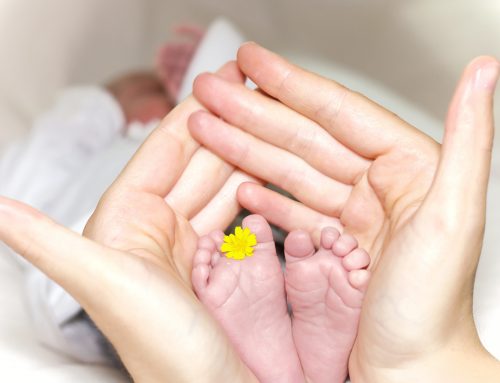
![How to Be Kind to Yourself, With or Without Cancer [Podcast Ep. 25]](https://imtakingcharge.com/wp-content/uploads/2018/08/Optimized-marcus-cramer-557547-unsplash-500x383.jpg)

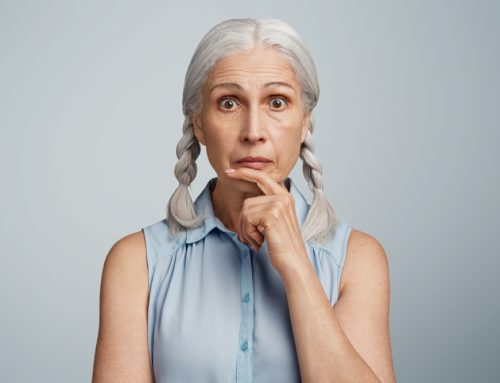
Leave A Comment